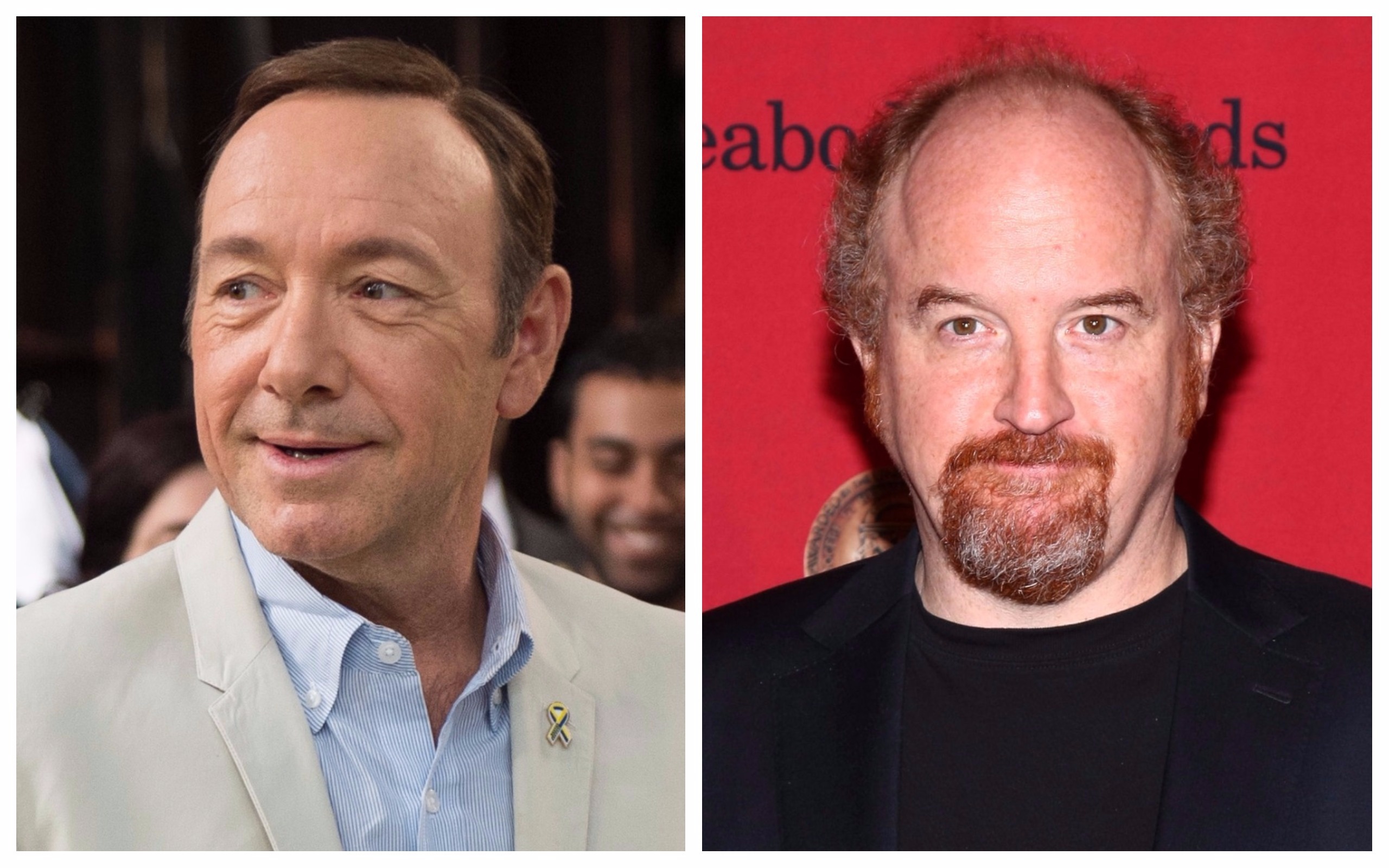Views expressed in opinion columns are the author’s own.
This week, Time announced its Person of the Year — and it wasn’t Donald Trump, despite self-perpetuated rumors that he was being considered. Instead, the magazine awarded its major annual title to “The Silence Breakers,” a group of people who were integral to the #MeToo movement, exposing Harvey Weinstein’s actions and igniting a worldwide conversation about sexual misconduct.
Though it may not always seem like it, the United States has come very far during the past year in combating sexual misconduct. We have started a dialogue on an issue that was not frequently discussed just a year ago.
This progress is exemplified in the juxtaposition of this year’s award with 2016’s Person of the Year: Trump. Though he was undoubtedly one of the most discussed people in 2016, it was for the wrong reasons. Trump was accused of unwanted kissing and groping, culminating in the release of the disturbing Access Hollywood tape. Trump has denied all allegations, insinuating that many of his accusers are lying. Regardless of Trump’s behavior, he was still selected for Person of the Year.
By contrast, the Silence Breakers are giving voice to groups Trump and his supporters suppressed. The Silence Breakers encourage victims of sexual misconduct around the world to break their own silence. If stars and celebrities choose to come forward about this painful topic and the public believes them, others will become more willing to share their stories. It promotes an open dialogue. The silence around sexual misconduct has been broken, in part, thanks to people around the world who took part in the #MeToo campaign and can now feel their voices are being heard.
Art curator Amanda Schmitt agrees. “When I finally spoke out publicly, I wondered why I hadn’t sooner,” she explained to Time. “I was afraid that I didn’t have the strength to make it stop. I don’t feel that fear anymore.”
The world has started to believe victim’s stories, and that’s empowering. Although Time featured only a few people, awarding Person of the Year to a collective movement produces a powerful impact that permeates the lives of sexual misconduct victims. It feels like everyone who identified with the #MeToo message is, in some small way, Person of the Year.
While the title “Person of the Year” is not justice itself, it represents a societal shift toward demanding justice for sexual misconduct. Though this problem remains extremely prevalent in our society, this award exemplifies our progress.
Sydney Wess is a junior art history and broadcast journalism major. She can be reached at swess@terpmail.umd.edu.



